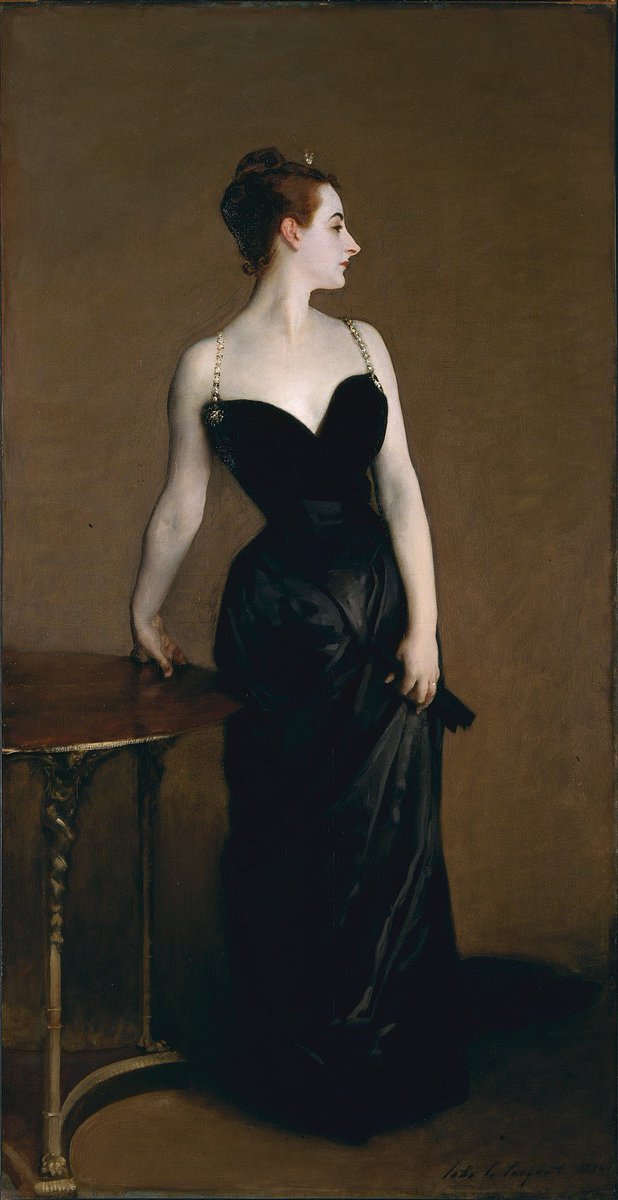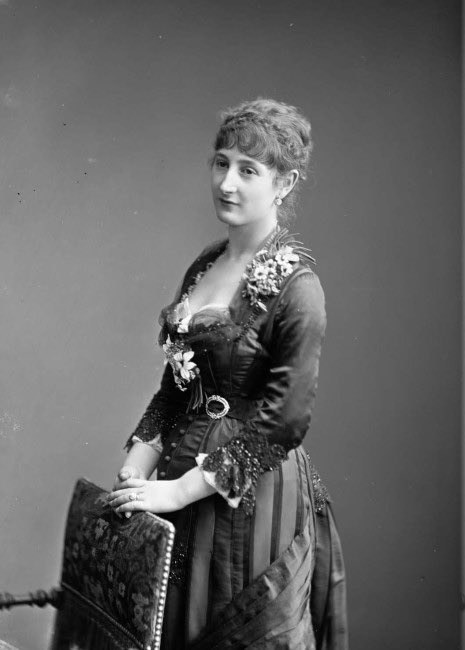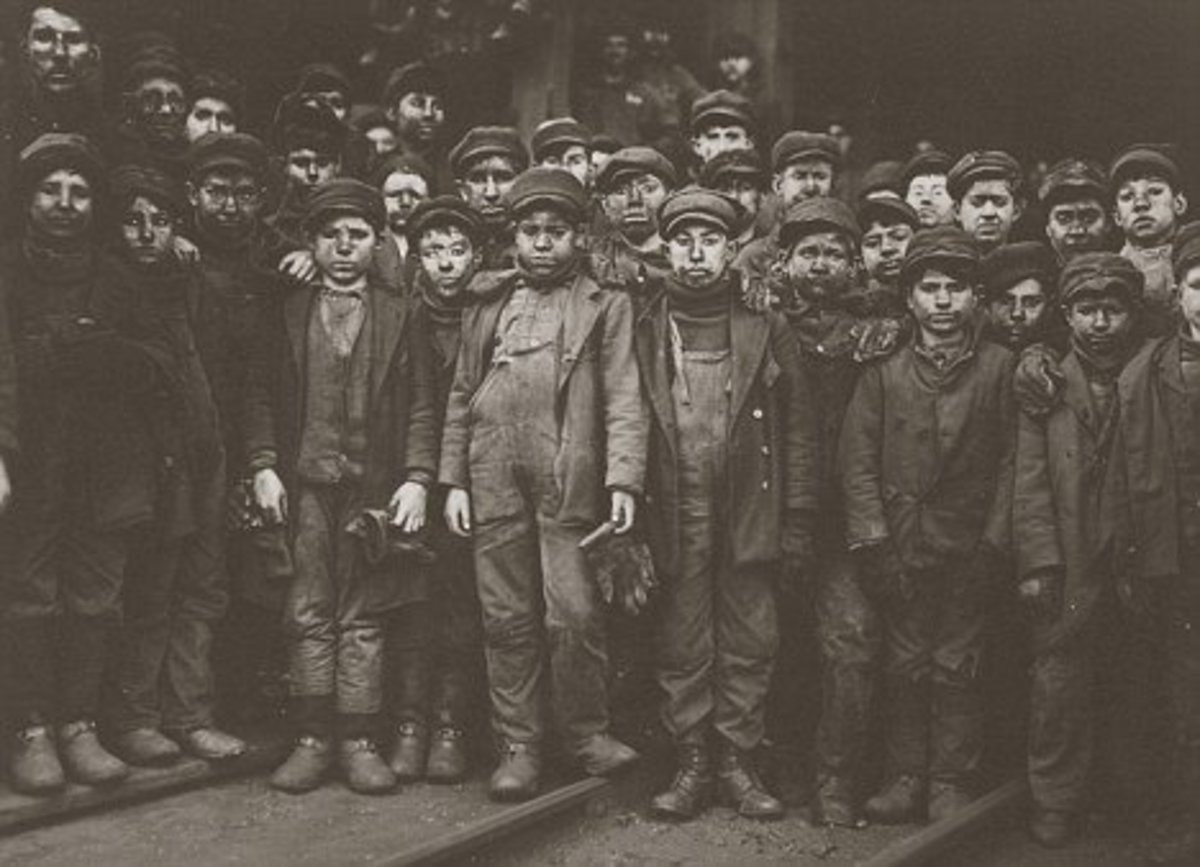
This is La Femme Damnée, by Nicolas Francois Octave Tassaert (1859). Two years earlier Charles Baudelaire published Les Fleurs du mal, & 6 of his poems were banned, including “Femmes damnées”.
Thread
Thread

Femmes Damnées (or the damned women) tells of lesbian lovers Delphine and Hippolyta. You can read it all here, but here is the final verse fleursdumal.org/poem/180 

Baudelaire and his publisher prosecuted for offending public decency. The court ruled that the erotic poems would “necessarily lead to the excitement of the senses by a crude realism offensive to public decency”. The ruling was only overturned in 1949.
Femmes Damnées may have outraged public decency but it won acclaim amongst artists and poets, who also started exploring themes of lesbianism, often under the title La Femmes Damnées.
Gustave Courbet’s The Sleepers, (1866) is acknowledged to have been heavily influenced by Baudelaire’s La Femme Damnées. 

For those asking, no. Sadly, I do not know how one goes about being damned like this.
• • •
Missing some Tweet in this thread? You can try to
force a refresh
























